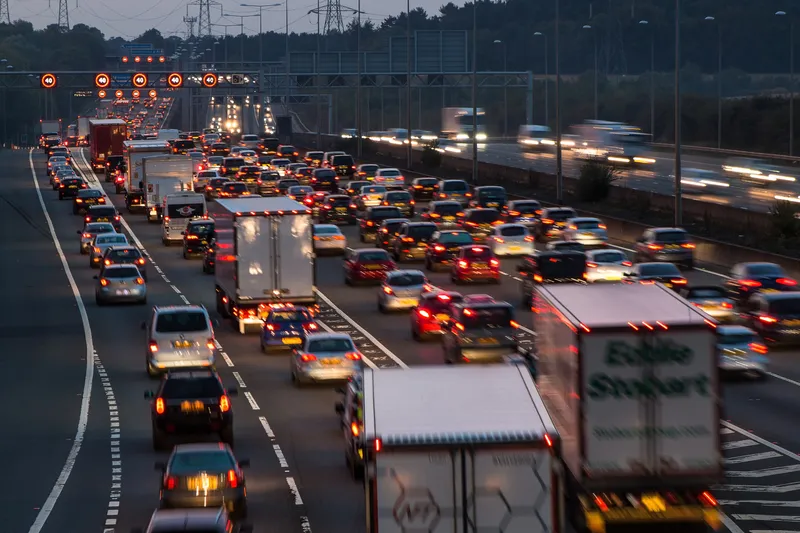Cohda Wireless' connected vehicle technology is being trialled on 100 freight vehicles in a bid to keep traffic moving and reduce congestion in Sydney, Australia. The system allows trucks to keep traffic lights green so they can pass through a 25-mile trial site comprising three freight routes.
The three-month project has been initiated by Transport for New South Wales and Roads and Maritime Services. The routes are located at Pennant Hills, Parramatta and King Georges roads.
Additionally, Cohda is r
June 22, 2018
Read time: 1 min
The three-month project has been initiated by Transport for New South Wales and Roads and Maritime Services. The routes are located at Pennant Hills, Parramatta and King Georges roads.
Additionally, Cohda is rolling out smart city architecture to allow road operators to test connected and autonomous vehicles (C/AVs).
The company says the software will also provide the appropriate infrastructure for when vehicle-to-everything (V2X) C/AVs arrive.








